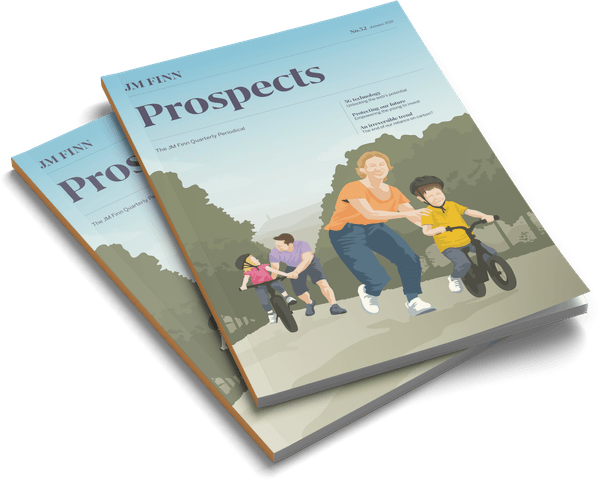Whilst the localised flare-ups are often talked about as being the second wave, it must be borne in mind that this seems mostly to be amongst the young who are more inclined to socialise with an indifference to their perceived risk to the virus; whilst the older and more at risk cohorts stay at home. This leads me to believe that herd immunity or vaccination are the most likely end scenarios and that the path to these ends will be less volatile than the initial outbreak.
Over the medium term, the path of rates has split economists into two camps: those that think the bloated monetary base will bring inflation and those that worry about a deflationary environment, often called Japanification. The bloated monetary base simply means that there are more pounds, euros and US dollars in circulation due to the money that the central bankers printed in order to finance their quantitative easing (QE), or bond buying, as part of the Covid-19 support. Basic economics says that if there are more pounds trying to buy the same limited number of goods then the price has to go up. That’s fine, except this time the surplus pounds seem to be being used to buy equities and for saving, rather than extra cans of baked beans.
The other side of the argument is Japanification, which is illustrated by Japan’s nearly 30-year battle against deflation and anaemic growth, characterised by an extraordinary but ineffective monetary stimulus propelling bond yields lower even as debt burdens ballooned. An aging population comprised of fewer workers paying more taxes to support more old people who are spending less is part of the process as well.
In the UK, the average spread in March peaked at 2.81%
At the time of writing, it stands at 1.48%
I think rates have pretty much reached lows because the US and UK central bankers have both indicated that they do not wish to see negative rates. That leaves me with the view that investing in government securities is getting close to return-free risk. That's the price you pay for the security of what are essentially government deposits.
The case with corporate bonds is different. Whilst rates may firm up a little, the prospect of further spread compression may outweigh the downside from rates. Spread is the difference between the yield on a corporate bond and the underlying government equivalent of the same maturity. In the UK, the average spread peaked at 2.81% in March; it now stands (at the time of writing) at 1.48% but that is still way above the low of 1.2% back in mid-February 2020. With central banks now all buying investment grade corporate debt and the prospect of more monetary stimulus if things turn ugly again, I think that a long-ish duration corporate bond portfolio is probably the best place to be in the fixed income market for the time being; as long as that fits with your personal investment objective.
Illustration by Sir Radar Drench




